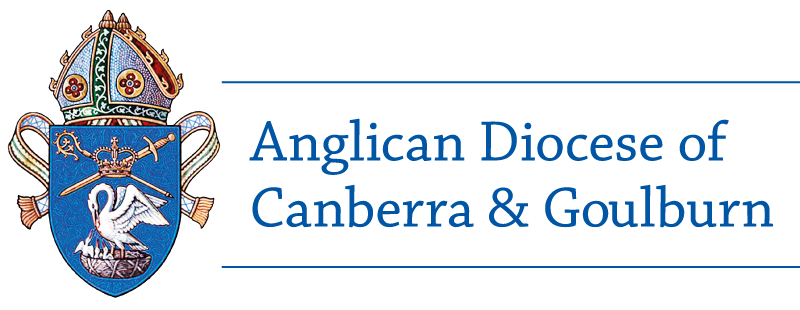 When Ken Clements took up the role of Bishop of our diocese in 1961, though he came from serving as Bishop of Grafton, he had had a long history amongst us. He was rector of Tumbarumba and Gunning successively. He was made registrar by Bishop Burgmann, and his skill and capacity for pastoral leadership made him the ideal candidate for Assistant Bishop (while still serving as registrar).
When Ken Clements took up the role of Bishop of our diocese in 1961, though he came from serving as Bishop of Grafton, he had had a long history amongst us. He was rector of Tumbarumba and Gunning successively. He was made registrar by Bishop Burgmann, and his skill and capacity for pastoral leadership made him the ideal candidate for Assistant Bishop (while still serving as registrar).
Clements had the unenviable task of following Burgmann and steering the diocese through the upheavals of society through the 1960s. And of the many accomplishments of this well-loved Bishop, we have space for just one here: midway through his episcopate, Clements set up an informal committee to consider clergy training.
Clements had studied at St John’s Morpeth (under Burgmann) and this was the typical location diocesan candidates went to study. However, concern about a declining quality in those presenting for ministry and some dissatisfaction about the training offered at St John’s led to the consideration of whether local training might not be possible.
Burgmann had established St Mark’s Library in 1957, and it seemed the ideal site, if expanded, to provide for the preparation of local church leadership. In 1967 the ‘Institute of Theology’ was established by the diocese and over the final years of Clements’ time in office this venture developed into the ‘Canberra College of Ministry’ (which, only later in 1977, would receive official status through an ordinance of Synod).
Though our diocese will continue to attract clergy who have trained elsewhere, Bishop Clements enabled us to see the important place local training can have in the culture and life of our diocese. His work in this area benefits us all, in providing this resource, in St Mark’s National Theological Centre. Full disclosure: I have personally benefited from training provided by St Mark’s and appreciate the opportunity to return the favour though some sessional lecturing. If you are hearing a little bias in my tone, then I hope you share it!
Ken Clements saw a need and an opportunity. One way that we continue to foster excellence in pastoral leadership is through the way we prepare candidates for ordination, as well as equipping all Christians for service in the world and in the church. When Clements stepped down from his decade-long leadership role in our diocese, the city of Canberra had changed significantly, and rural communities had continued faithful ministry in tough environments. And amongst he accomplishments we can thank God for, in the leadership of Bishop Ken, was this important move to have a place in our diocese where we can be formed and trained.
by Reverend Jonathan Holt
NB. This is the sixth article in the series Know Your Bishop, which is not being published in order.

